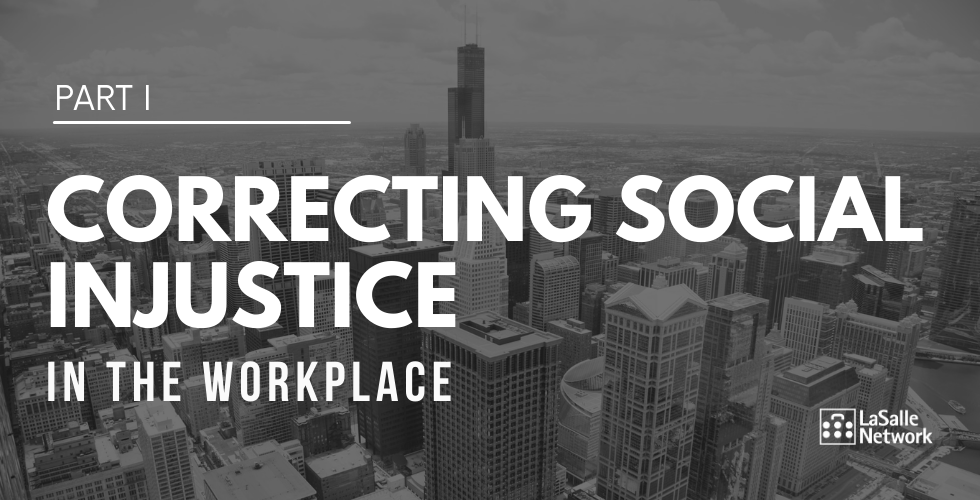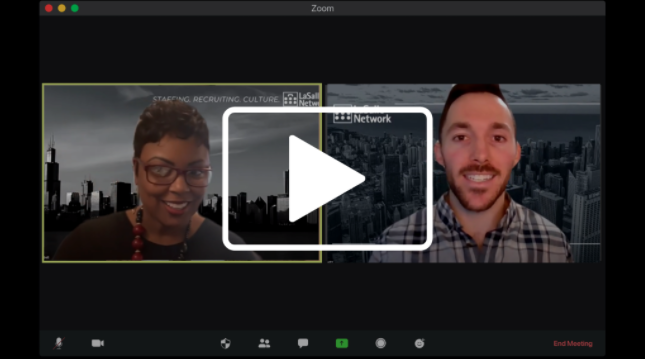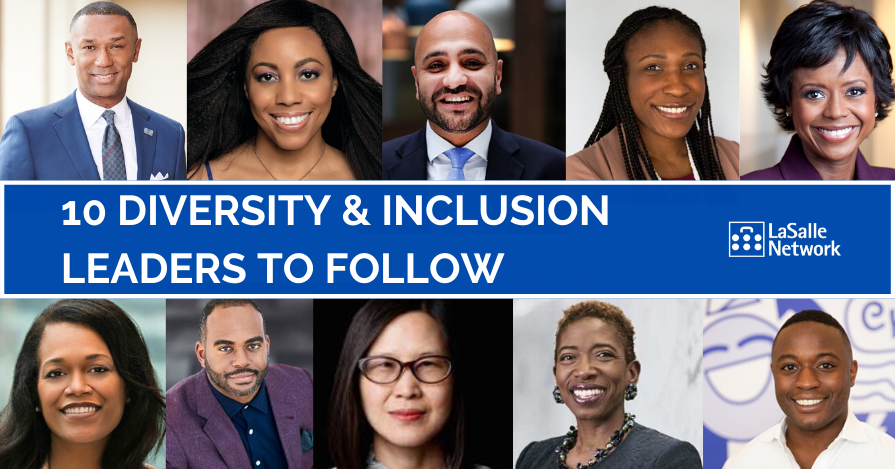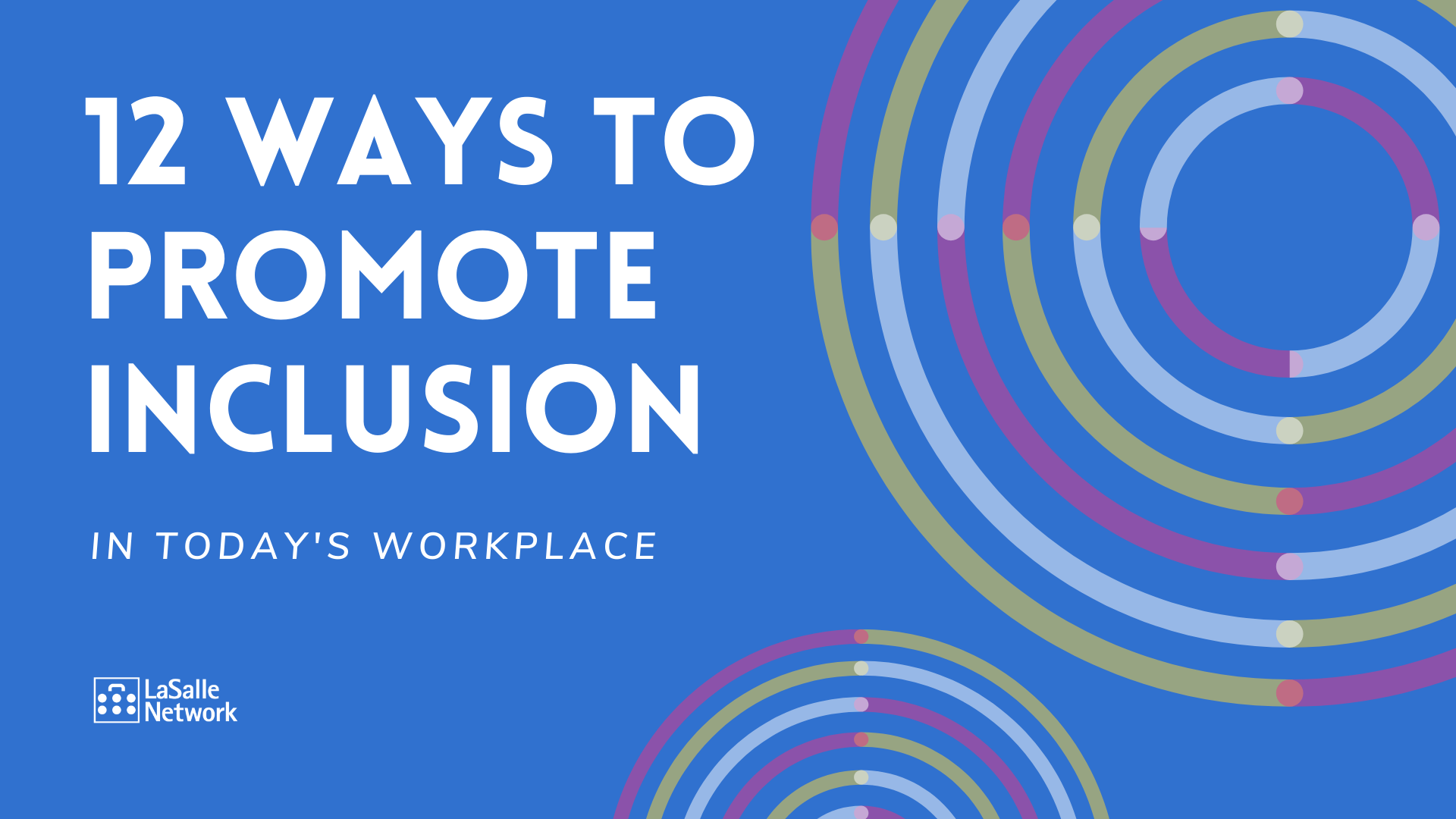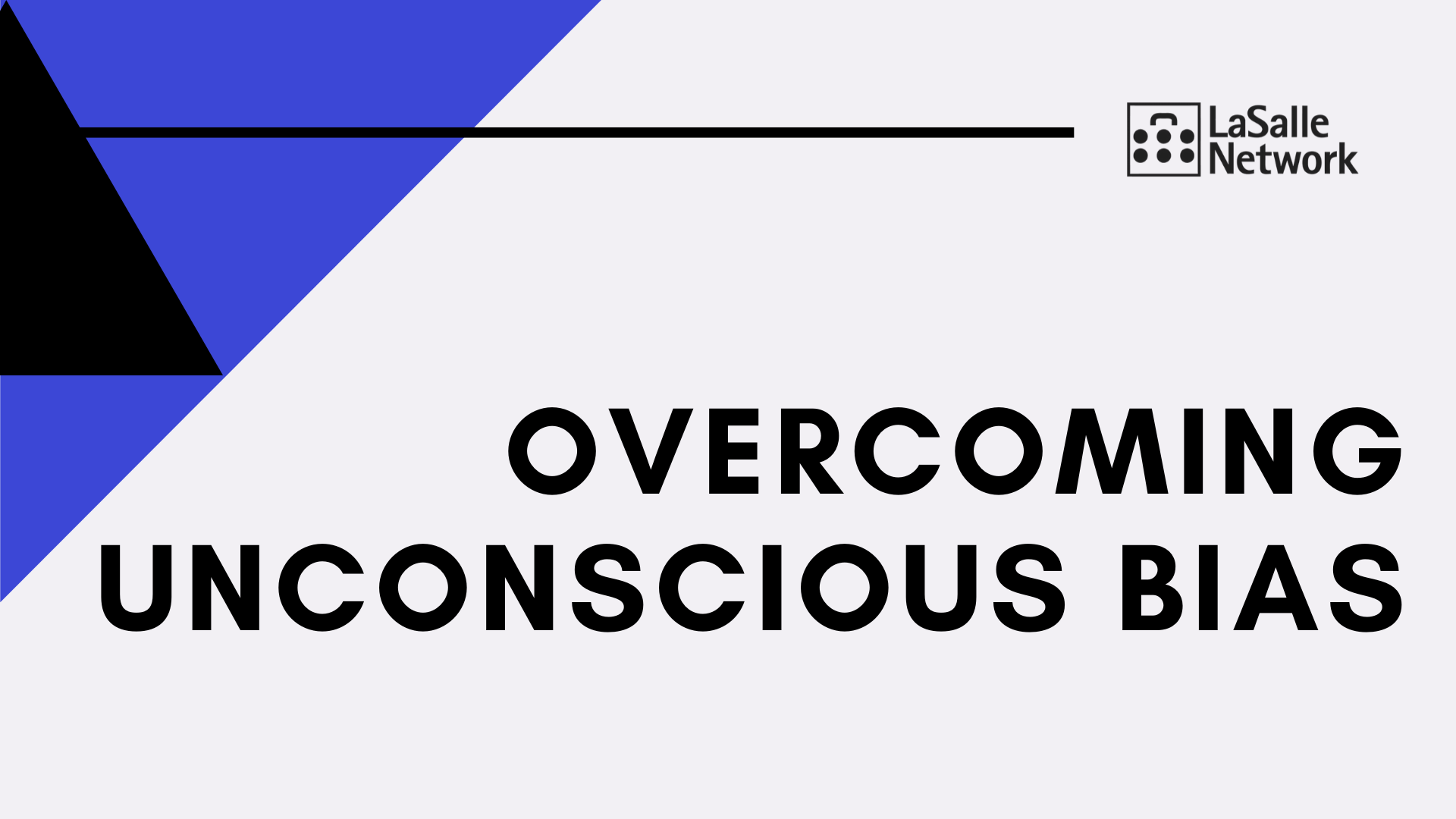Current events and demonstrations supporting the #BlackLivesMatter movement have motivated individuals and companies alike to reflect on existing systems of oppression and bias in today’s social and professional spheres.
The first step to breaking down ingrained systems of injustice is through education. As part of an ongoing series on addressing these social disparities in the workplace, we’ve created research-backed resources to provide information pertinent to both companies and individuals as they examine their role in impacting change.
Below is a sneak peek of each, with the access to the full post via the accompanying links.
Part I of our DEI webinar series: Combating Bias in Hiring
In 2021, diversity, equity and inclusion will remain a priority for organizations across the country. Employees will continue to demand change, building upon the strides made this year. In fact, it’s anticipated that an organization’s DEI strategies will likely be a factor for candidate’s when evaluating joining a new organization. To help ensure companies continue to advance DEI efforts in order to attract and retain top talent, LaSalle Network is hosting a series of webinars.
In Part I, Sirmara Campbell, Chief Human Resources Officer, and Colby Loetz, Learning & Organization Development Manager, discuss different types of biases that exist and share strategies for combating it. This webinar can help you develop techniques for eliminating bias while screening resumes and interviewing candidates.
10 Diversity & Inclusion Leaders to Follow
In today’s world of uncertainty, tension and social unrest, it has never been more important to listen and educate ourselves on diverse points of view. With the overwhelming amount of information and content at our fingertips at any given time, ensure you are listening to and learning from reliable sources. In this post, we are highlighting 10 business leaders sharing valuable insights on diversity and inclusion in today’s world.
To learn more, read “10 Diversity & Inclusion Leaders to Follow.”
What is Diversity in the Workplace?
The #BlackLivesMatter movement created a renewed attention on diversity and inclusion, and while it started as a social movement, it has also brought many to reassess what diversity looks like in the workplace and take a critical eye to inclusion efforts, both in the workplace and beyond.
Educating oneself on the history and importance of diversity and providing resources for employees to do the same can improve an organization.
In addition to racial diversity, there are more forms of diversity to keep in mind as you continue to build out your workforce. To learn what they are, read “What is Diversity in the Workplace.”
12 Ways to Promote Inclusion in Today’s Workplace
While diversity and inclusion are often coupled together, inclusion in the workplace refers to how each employee is able to actively participate and feel as though they are a part of something.
Inclusion means employees feel seen, are encouraged to speak their mind and accepted as they are. A Harvard Business Review study revealed that 72% of black women, 53% of Latinas and 52% of Asian women say that “executive presence” at their company is defined as conforming to traditionally white male standards, and they feel they must compromise their authenticity if they want to be leaders at their workplaces. If employees feel the need to change or downplay parts of themselves to be accepted at work, there is not true inclusion and the individual’s talent is not being maximized.
To learn how to be an inclusive leader, promote inclusion in your organization and understand how to achieve inclusivity within a remote workforce, read “12 Ways to Promote Inclusion in Today’s Workplace.”
Bias causes us to instinctually group people of certain shared characteristics together and is a part of a natural brain function each person develops to learn, categorize and predict patterns. Though most of us have difficulty accepting or acknowledging it, we all hold certain biases to some degree.
In these ways, bias has the potential to hinder an individual or group’s performance based on an ingrained belief that many do not realize they hold. The quick, instinctual emotional response to a person or situation often feels natural and is not questioned or recognized as bias. However, these instincts can cause us to place limiting beliefs on one another. In this post, we define unconscious bias, outline how to recognize it is taking place and share several examples of how it may come into play in our day–to–day lives. Read more on “Overcoming Unconscious Bias.”
Do you need help identifying diverse talent? Let us help. Contact us here.
